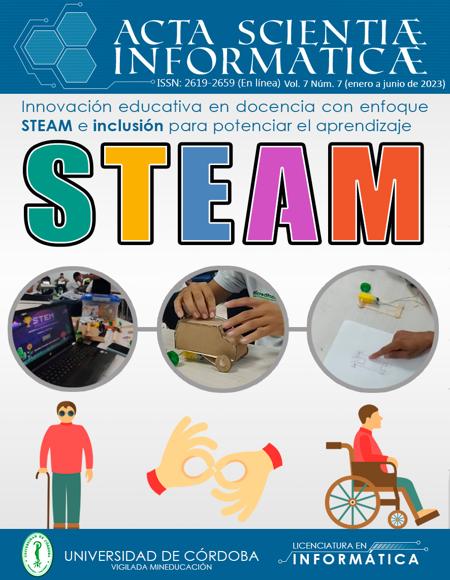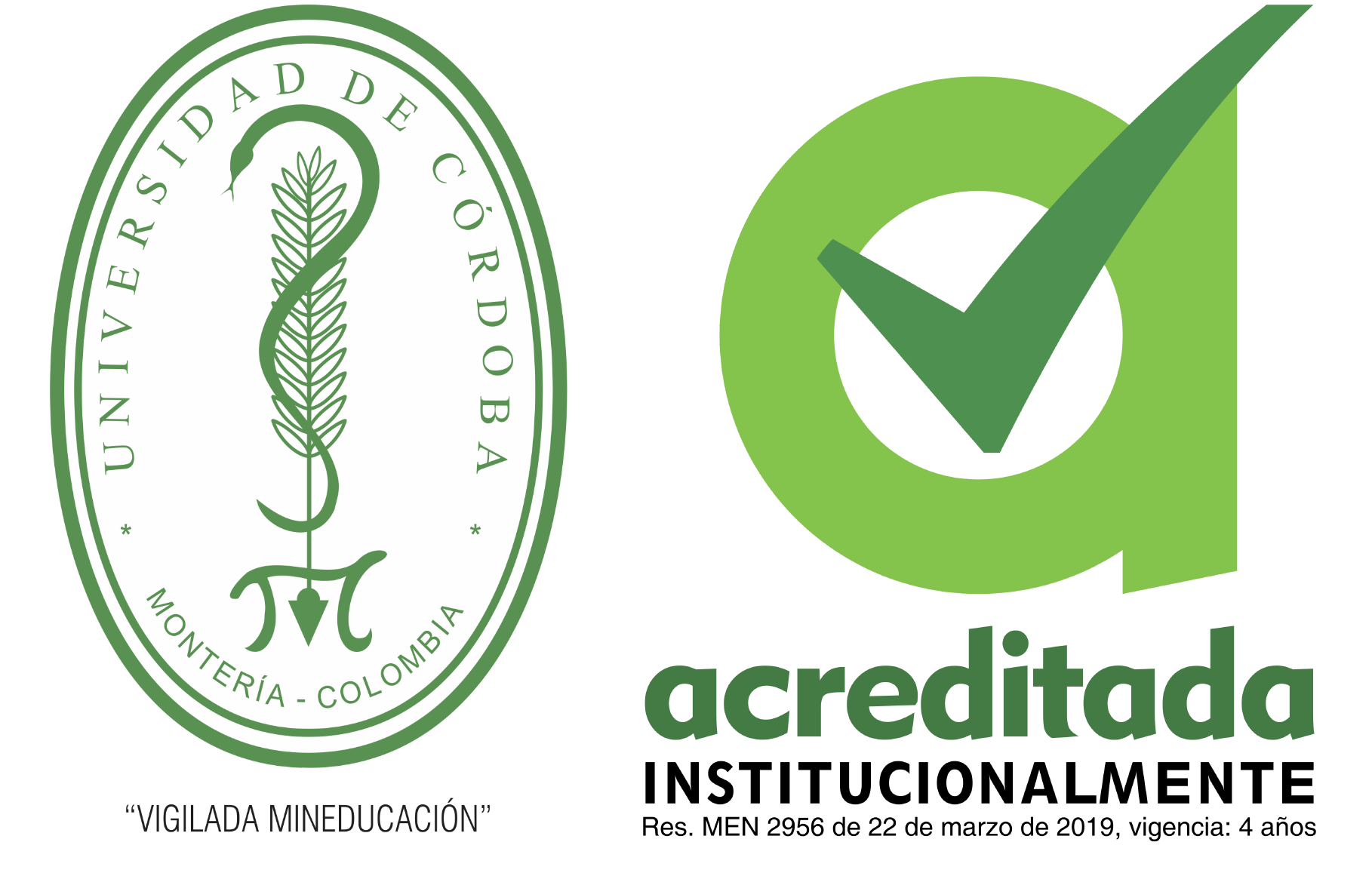APORTANDO AL APRENDIZAJE EXPERIENCIAL A TRAVÉS DE LA IMPLEMENTACIÓN DE UN AMBIENTE VIRTUAL CON ENFOQUE STEAM+
APORTANDO AL APRENDIZAJE EXPERIENCIAL A TRAVÉS DE LA IMPLEMENTACIÓN DE UN AMBIENTE VIRTUAL CON ENFOQUE STEAM+
Show authors biography
This article focuses on the implementation of the STEAM+ approach (Science, Technology, Engineering, Arts, and Mathematics, plus other disciplines) in a virtual learning environment, specifically in Google Classroom, at the Santa Rosa De Lima Educational Institution in Montería -Córdoba, Colombia. It seeks to enhance experiential learning in Technology and Computer Science through an action-research methodology that encompasses planning, execution, and reflection. The research underscores the fundamental role of Virtual Learning Environments (VLE) in the digital age and how their proper implementation can strengthen the quality of learning, stimulate the use of digital tools, and encourage interaction among students and teachers. The implementation of Google Classroom significantly contributed to the reactivation of the platform's use at the institution and to the adoption of an active learning approach based on poorly structured problems.
Article visits 235 | PDF visits
Downloads
- M. Grueso, Y. Cuero, G. Peralta, M. Paredes, A. Medina, and D. Jaramillo, “Aprendizaje experiencial. Prácticas y herramientas en escuelas de administración y de negocios,” Editorial Universidad del Rosario, 2022, doi: 10.12804/urosario9789587849936.
- P. A. Castro-Campos, “Reflexiones sobre la educación STEAM, alternativa para el siglo XXI,” Praxis, vol. 18, no. 1, pp. 158–175, Mar. 2023, doi: 10.21676/23897856.3762.
- J. M. Mantecón, T. F. Blanco, Z. Ortiz-Laso, and Z. Lavicza, “STEAM projects with KIKS format for developing key competences,” Comunicar, vol. 29, no. 66, pp. 34–43, 2021, doi: 10.3916/C66-2021-03.
- D. P. Mora and G. A. Bejarano, “Buenas prácticas educativas en Ambientes Virtuales de Aprendizaje (AVA) de la Educación Superior.,” Universidad Pedagógica Nacional, 2013.
- L. A. Rodríguez-Umaña and J. E. Martínez-Baquero, “Uso de aplicaciones móviles como herramienta de apoyo tecnológico para la enseñanza con metodología steam,” Revista Politécnica, vol. 18, no. 36, pp. 75–90, Sep. 2022, doi: 10.33571/rpolitec.v18n36a6.
- M. Romero-Ariza, A. Quesada, A. M. Abril, and C. Cobo, “Changing teachers’ self-efficacy, beliefs and practices through STEAM teacher professional development (Cambios en la autoeficacia, creencias y prácticas docentes en la formación STEAM de profesorado),” Infancia y Aprendizaje, vol. 44, no. 4, pp. 942–969, 2021, doi: 10.1080/02103702.2021.1926164.
- J. V. Villalba Gómez and F. J. Robles Moral, “‘Del árbol al cuadro’: Un proyecto didáctico STEAM para Educación Primaria,” Educación, vol. 30, no. 59, pp. 1–20, Sep. 2021, doi: 10.18800/educacion.202102.014.
- D. Pástor, J. Jiménez, G. Arcos, M. Romero, and L. Urquizo, “Patrones de diseño para la construcción de cursos on-line en un entorno virtual de aprendizaje Design patterns for building online courses in a virtual learning environment,” 2018.
- S. Iftakhar, “Google classroom: what woks and how?,” Journal of Education and Social Sciences, vol. 3, 2016, [Online]. Available: http://www.ucalgary.ca/~dmjacobs/phd/diss/Image74.gif
- S. Hemrungrote, P. Jakkaew, and S. Assawaboonmee, “Deployment of Google Classroom to enhance SDL cognitive skills: A case study of introduction to information technology course,” in 2nd Joint International Conference on Digital Arts, Media and Technology 2017: Digital Economy for Sustainable Growth, ICDAMT 2017, Institute of Electrical and Electronics Engineers Inc., Apr. 2017, pp. 200–204. doi: 10.1109/ICDAMT.2017.7904961.
- Ministerio de Educación Nacional, “Visión STEM educación expandida para la vida,” 2022.
- Ludeña Huaman and Marishenka Vanesa, “Habilidades investigativas y entornos virtuales en las capacidades emprendedoras de estudiantes de secundaria en una institución educativa pública, Lima 2022,” Universidad César Vallejo, 2022.
- J. P. Santillán Aguirre, V. del C. Cadena Vaca, and M. Cadena Vaca, “Educación Steam: entrada a la sociedad del conocimiento,” Ciencia Digital, vol. 3, no. 3.4., pp. 212–227, Sep. 2019, doi: 10.33262/cienciadigital.v3i3.4..847.


